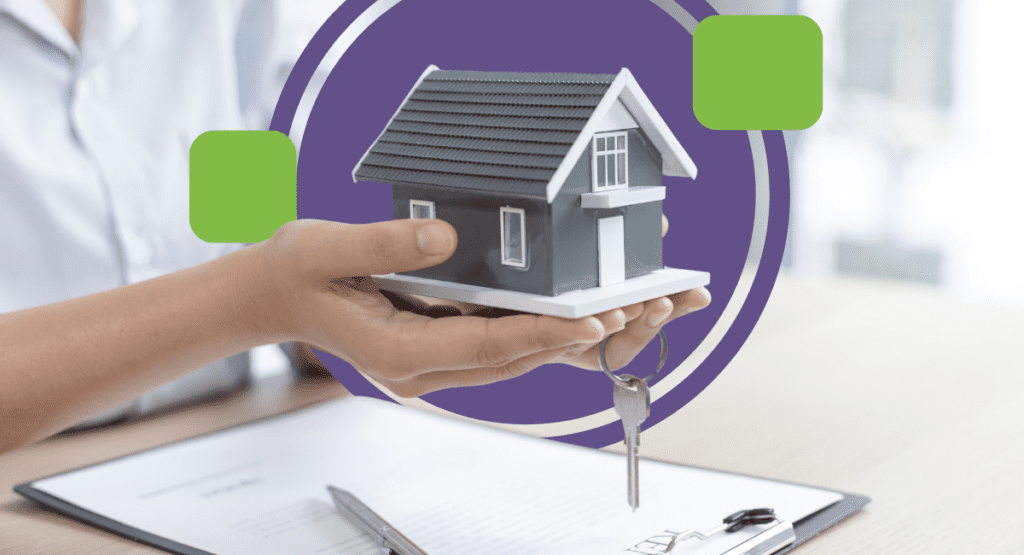Getting a mortgage can feel like a daunting task — especially after finishing medical school with a lot of debt. The good news is that some lenders offer special physician mortgages for doctors and other healthcare professionals.
Even with a high amount of student loan debt, you might still qualify for a home loan. Many lenders know that medical professionals will likely be high earners over time. So, even though they might not qualify for a conventional mortgage, special doctor loans allow access to funding and the ability to buy a home.
Let’s take a look at who qualifies for a physician loan and what to expect from these types of mortgages.
Who qualifies for physician mortgage loans?
Each loan program has its own qualifications, but you don’t always have to be a doctor to take advantage of these home-buying opportunities. Depending on the mortgage lender, many medical professionals might be able to use these special loan programs to buy a home. Here are the degrees that are likely to qualify for physician home loans:
1. Medical doctors (MD and DO)
Dozens of banks around the country offer loans to medical doctors. These loan programs were designed with doctors in mind. Physician mortgage loans offer you a chance to become a homeowner sooner than you might otherwise expect.
In many cases, the high cost of going through medical school and being a medical resident results in high student loan debt. In many cases, student loans are excluded from your debt-to-income ratio (DTI). It’s also possible to get a loan without a down payment or paying private mortgage insurance (PMI).
Related: Locum Doctor Mortgage: 0% to 10% Down for 1099 Physicians
2. Dentists (DDS and DMD)
Not all of these loan programs cater to dentists and orthodontists. However, many lenders allow those with a dental degree access to more favorable loan types through physician loan programs.
Most lenders have various loan terms available for DDS and DMD mortgages, including fixed- and adjustable-rate options.
3. Podiatrists (DPM)
Many mortgage lenders offer these special loan programs to those with a DPM degree. Even if the program doesn’t extend to you, though, you might be able to get the lender to include you in a podiatrist mortgage. Most programs require you to directly contact the lender, so when you call about the program, ask if they’ll extend the special physician mortgage to you.
4. Chiropractors (DC)
Although some programs include chiropractors, they’re less common than many of the other degrees. If you can’t convince a lender to include you, explore other programs, like an FHA or conventional loan, to qualify.
5. Optometrists (OD)
Some lenders also include those with an OD in their physician loan program. However, if they don’t, you might be able to show that you can handle a monthly mortgage payment and get a loan through a different program. Your Realtor can help you find a mortgage broker that provides access to different programs.
6. Veterinarians (DVM)
Even if you’re not treating humans, you might still qualify for a doctor mortgage loan. A handful of lenders offer physician loans to veterinarians, and you can take advantage of those programs with a low down payment and other favorable terms.
7. Pharmacists (PharmD)
There are a few programs that allow pharmacists to participate in their doctor loan programs. Depending on the program, you might be able to use one of these pharmacist home loan programs to become a first-time home buyer. If not, you might need to put off your home purchase until you can qualify for a conventional loan or a special program, like an FHA loan or VA loan.
8. Physician Assistants (PA)
While there are some programs that allow PAs to access special financing, PA mortgage options are few and far between. However, with physician assistants becoming more in demand, it’s possible that more programs will expand eligibility to this degree.
9. Nurse Practitioners (DNP, NP and RN)
In addition to doctor loans, some mortgage lenders are also developing special home loan programs for nurses and nurse practitioners. You might be able to get a home for no money down, as well as access other special underwriting guidelines.
10. Physical and Occupational Therapists (DPTs, PTs and MOTs)
These loan programs are often under the term professional mortgage program or health care professional loan. You might not be able to get a jumbo mortgage like a doctor would, but you might have access to special terms that make homeownership easier.
Related: DPT Mortgage Loan: Special Financing for Physical Therapists
11. Other medical degrees
Finally, some lenders will provide access to special loan programs if you’re an acupuncturist, medical technician or pharmaceutical rep. Find out what loan limits and other requirements are involved.
If you can’t get a special loan for healthcare professionals, consider looking into FHA, VA and USDA loan programs for help.
What mortgage product do you need?
Your Occupation
Home Price Range
Preferred Down Payment
Stage You're At in the Home Buying Process
When Do You Want a Mortgage Approval?
How Many Banks Would You Like Quotes From?
Any Bankruptcies or Short Sales?
Full Name
Phone Number
State Where You Plan to Purchase
Metro Area Where You Plan to Purchase
Citizenship Status
Communication Preference
Would You Like to Add Any Additional Details?
Do non-medical professionals qualify for a doctor mortgage?
Even if you aren’t a health care professional, you might still be able to access a “professional mortgage” program. Like doctor loans, these professional programs have less stringent underwriting requirements than conventional loans and offer a chance to buy real estate, even with a high debt-to-income ratio.
Often, these professional loan programs are open to those with PhD, JD, CPA and even some MBA degrees. The idea is that graduates with these degrees will likely have stable employment and incomes that allow them to handle student loan payments and mortgage payments.
If you’re looking for homeownership as a recent grad, looking into these types of loans can be a good way to get started.
How to qualify for a doctor mortgage
In many cases, underwriting requirements are relaxed for doctor loans. In general, though, you still need to provide the following:
- Proof of identity (birth date, driver’s license, Social Security number, address, etc.)
- Proof of income (or an employment contract)
- Additional documentation if you’re a self-employed medical professional with your own practice
- Home contract, including the purchase price
- Type of home (investment property, condo, single-family home, multi-family property)
- Additional documentation, as requested by your loan officer
Not every type of property is accepted, however. Qualifying for a physician mortgage might require you to limit your home to your primary residence rather than a vacation home or investment property.
Some lenders also allow refinancing, which can help you change your loan terms during the life of the loan to make it more manageable down the road.
Don’t forget to ask about closing costs and pay attention to the repayment terms. Even if you’re getting a good deal, you still need due diligence to ensure it’s the right move for you.
Related: Do Student Loans Affect Buying a House and Getting a Mortgage?
Find a doctor mortgage near you
If you’re looking for a physician mortgage loan, we can help you find a doctor mortgage near you. Check out the loan options in your state, or speak with one of our knowledgeable team members to point you in the right direction.

